Question And Answer
Publications
Articles, publications, books, tools and multimedia features from the U.S. Institute of Peace provide the latest news, analysis, research findings, practitioner guides and reports, all related to the conflict zones and issues that are at the center of the Institute’s work to prevent and reduce violent conflict.
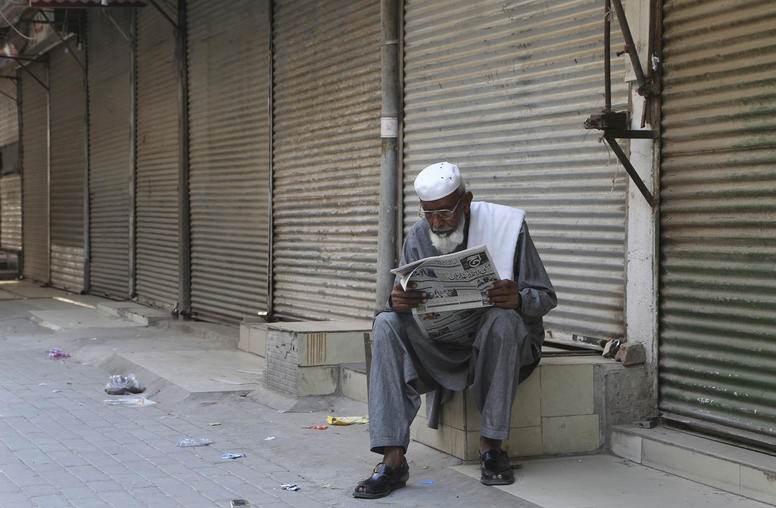
Losing Facts to Fiction: Nationalism, Misinformation, and Conspiracy Theories in Pakistan
Misinformation and conspiracy theories have become staples of mainstream politics in numerous countries around the world—democracies and autocracies alike. Pakistan is no exception. This report examines the causes of pervasive belief in misinformation in Pakistan—particularly nationalistic misinformation—and the consequences for the country’s relations with its neighbors, the risk of international or domestic conflict, and attitudes toward Pakistan’s many ethnic minority groups. The report also discusses steps that policymakers can take to counteract misinformation.

Asfandyar Mir on the Taliban Harboring al-Qaida Leader Ayman al-Zawahiri
The 2020 Doha Agreement was meant to force the Taliban to “think twice” before harboring terror groups. But Ayman al-Zawahiri’s killing in Kabul shows the deal was “just a piece of paper for the Taliban. They had no qualms about once again hosting the main leader of al-Qaida,” says USIP’s Asfandyar Mir.
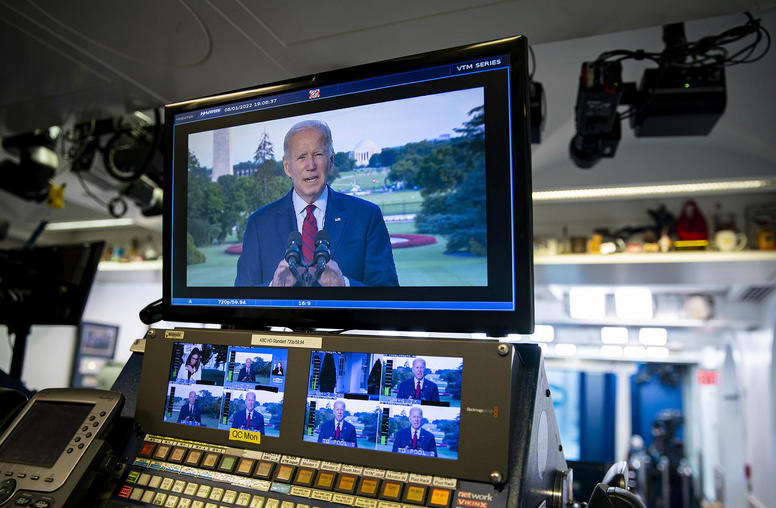
After al-Zawahiri’s Killing, What’s Next for the U.S. in Afghanistan?
On Monday, President Biden revealed that a U.S. drone strike killed al-Qaida leader, and mastermind of the 9/11 attacks, Ayman al-Zawahiri over the weekend. Al-Zawahiri was reportedly on the balcony of a safe house in Kabul, Afghanistan. Last week, the United States participated in a regional conference in Tashkent, Uzbekistan focused on counterterrorism, where Taliban Foreign Minister Amir Khan Muttaqi said his regime had followed through on commitments to not allow Afghanistan to be used as a base for transnational terrorism.
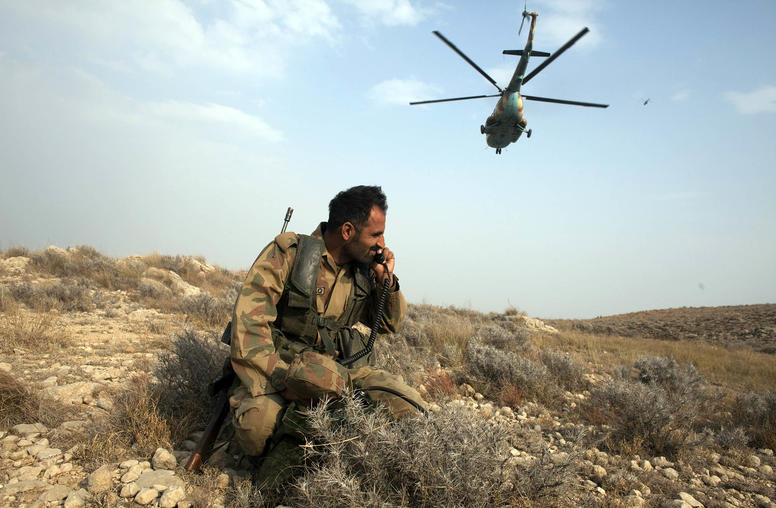
Five Things to Watch in the Islamabad-Pakistani Taliban Talks
After several months of intense fighting, the Pakistani government and the anti-Pakistan insurgent group the Tehreek-e-Taliban Pakistan (TTP) are talking once again. In early June, the TTP, also known as the Pakistani Taliban, announced a cessation of hostilities with Pakistan for three months. This cease-fire resulted from weeks of secret talks in Kabul between the TTP and Pakistani military officials, followed by a more public meeting between the TTP and Pakistani tribal leaders — both mediated by the Afghan Taliban. For the first time, the Afghan Taliban also confirmed the talks and their role as mediators between Pakistan and the TTP.
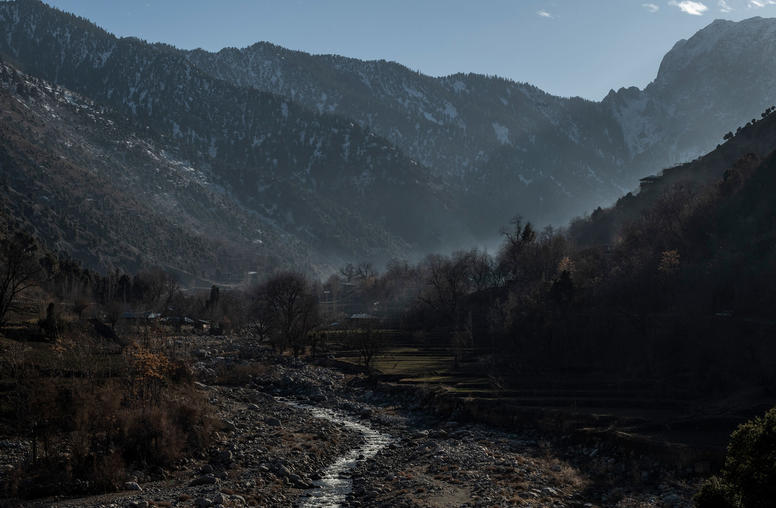
Pakistan’s Twin Taliban Problem
Pakistan and the Afghan Taliban are teetering on the brink of a major crisis. Since coming into power, the Taliban has defied Pakistan — its main state benefactor during the insurgency against the United States military and the deposed Afghan government. It has done so by challenging the status of the Afghan-Pakistan border and providing a haven to the anti-Pakistan insurgent group the Tehreek-e-Taliban Pakistan (TTP), also known as the Pakistani Taliban, which has killed thousands of Pakistanis and seeks to establish a Taliban-style, Shariah-compliant state in Pakistan. This has stunned Islamabad, which was operating on the assumption that the Taliban would be beholden to Pakistan out of gratitude for years of support.
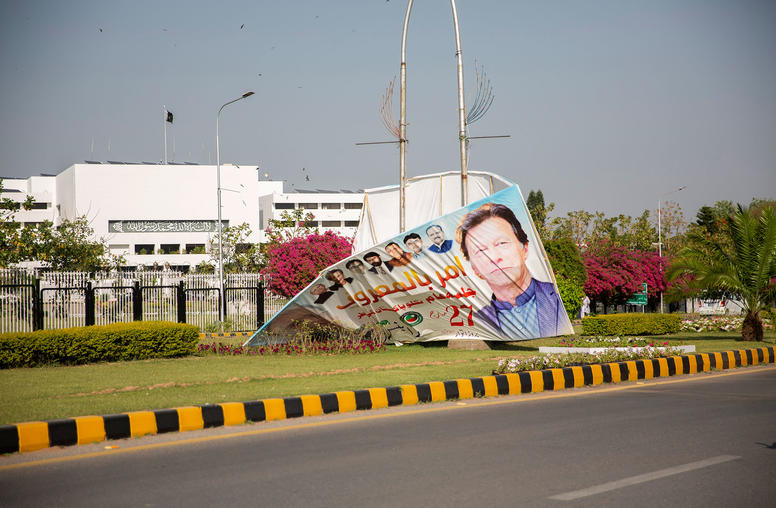
What’s Next for Pakistan’s Politics After Ouster of Imran Khan?
After a month of political crisis in Islamabad, Pakistan’s united opposition parties successfully removed Prime Minister Imran Khan in a vote of no confidence on April 10 and then on April 11 voted in opposition leader Shahbaz Sharif as the new prime minister. The votes came after the Supreme Court of Pakistan blocked earlier attempts by Khan’s Pakistan Tehreek-e-Insaaf (PTI) party government to dismiss the motion and move directly to fresh elections. Khan remains defiant despite his ouster.

Asfandyar Mir on the Pakistani Taliban and Afghanistan-Pakistan Border Tensions
As Pakistani leaders quarrel with the neighboring Afghan Taliban over the demarcation of their shared border, USIP’s Asfandyar Mir says Pakistan’s own Taliban insurgency has “been boosted by the example of the Afghan Taliban … if things continue to escalate over the medium term, things become very difficult for Pakistan.”
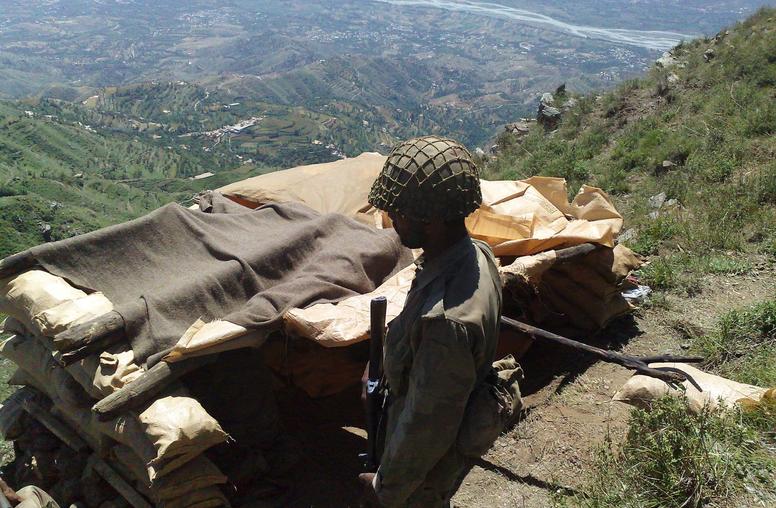
After the Taliban’s Takeover: Pakistan’s TTP problem
In 2021, the Tehreek-e-Taliban Pakistan (TTP) insurgency escalated its challenge against Pakistan. Operating from bases in Afghanistan, and with a growing presence inside Pakistan, the group mounted an increasing number of attacks against Pakistani security forces — as well as against some critical Chinese interests in Pakistan. The insurgency also showed renewed political strength by bringing in splintered factions and improving internal cohesion. Additionally, al-Qaeda signaled its continued alliance with the TTP. On Tuesday, after an attack by the TTP on the police in Pakistan’s capital city of Islamabad, Pakistan’s Interior Minister warned that more attacks by the group are likely.
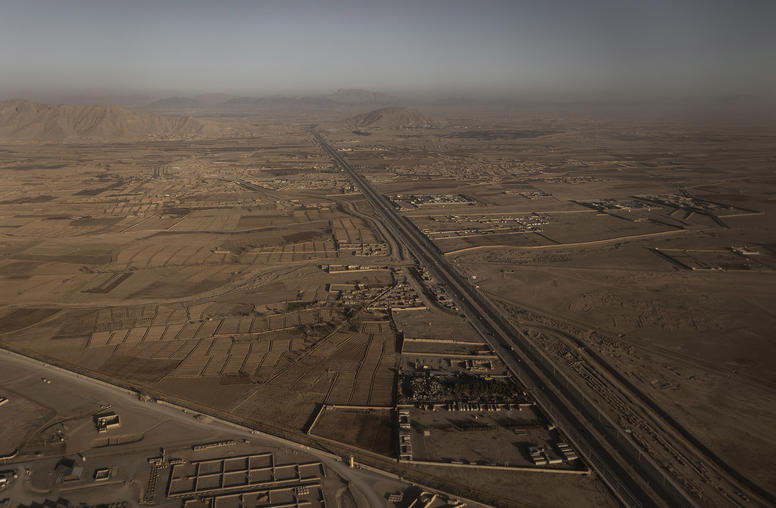
Afghanistan-Pakistan Border Dispute Heats Up
In at least two incidents in late December and early January, Afghan Taliban soldiers intervened to block an ongoing Pakistani project to erect fencing along the shared border between Afghanistan and Pakistan — the demarcation of which prior Afghan governments have never accepted. Despite attempts to resolve the issue diplomatically, and the Taliban’s dependence on Pakistan as a bridge to the international community, both sides remain at odds over the fence. USIP’s Richard Olson, Asfandyar Mir and Andrew Watkins assess the implications of this border dispute for Afghanistan and Pakistan’s bilateral relationship and the region at large.
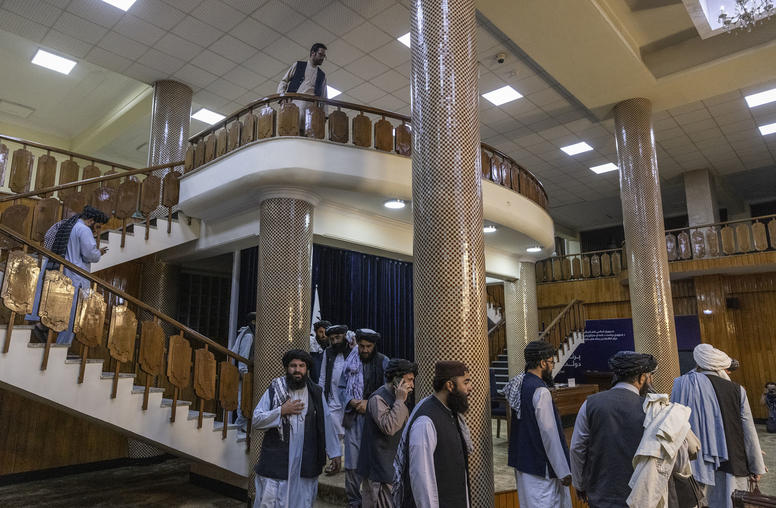
Taliban Seek Recognition, But Offer Few Concessions to International Concerns
Since taking power in August, the Taliban have repeatedly expressed the expectation that the international community will recognize their authority as the new government of Afghanistan and have taken several procedural steps to pursue recognition. But the group has done very little to demonstrate a willingness to meet the conditions put forward by Western powers and some regional states. USIP’s Andrew Watkins, Richard Olson, Asfandyar Mir and Kate Bateman assess the latest Taliban efforts to win international recognition, the position of Pakistan and other key regional players and options for U.S. policy to shape Taliban behavior and the engagement decisions of other international partners.